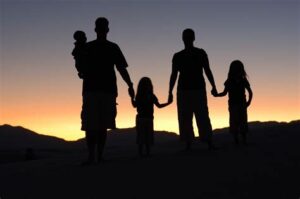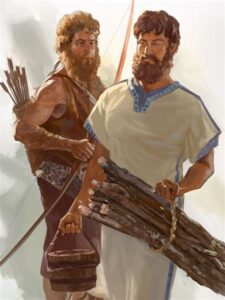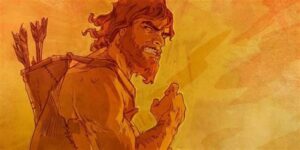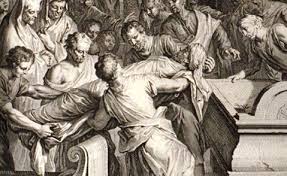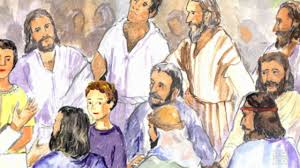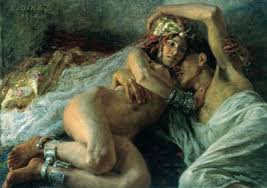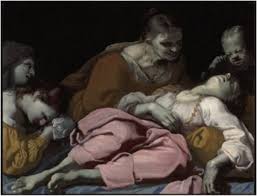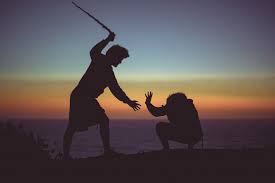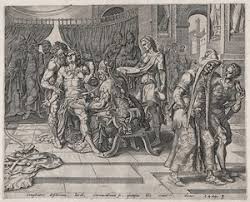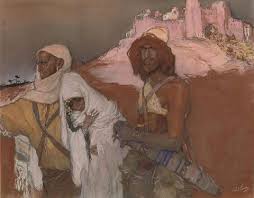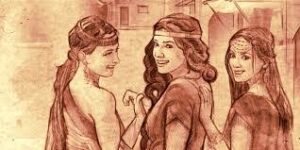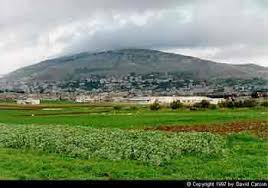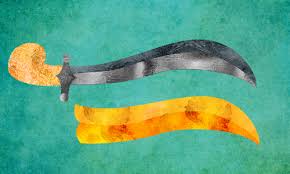Ir – The Sons of Seir the Horite 36: 20-30
The Sons of Seir the Horite
36: 20-30
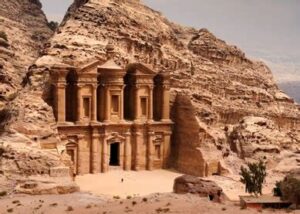
The Horites were the original inhabitants of the land of Edom. These were the sons of Seir the Horite, who were living in the region before it became known as Edom. We don’t know a lot about their history, but we do know the word Horite means cave dwellers. They lived in the caves found in the mountain range of Mount Seir. Outside the Bible they are known as the Hurrians. Originally they were an independent nation, as we know from 14:6. They were partially exterminated, but also partially subjugated by Esav according to Deuteronomy 2:22. The Horites who survived intermarried with the Edomites and were absorbed by them. Two are mentioned in this chapter. Esau’s son Eliphaz had a concubine named Timna and Oholibamah became Esau’s wife.
The seven sons of Seir the Horite were named Lotan, Shobal, Zibeon, Anah, Dishon, Ezer and Dishan. These sons of Seir in Edom were Horite chiefs (36:20-21).
The first son, Lotan, produced two sons Hori and Homam. Timna, the concubine of Esau’s son Eliphaz, was Lotan’s sister (36:22). So here was the direct connection between the Horites and the Edomites. Hori and Homam were the grandsons of Seir the Horite.
The second son, Shobal, produced five sons; their names were Alvan, Manahath, Ebal, Shepho and Onam (36:23).
The third son, Zibeon, produced two sons Aiah and Anah. This is the Anah who discovered the hot springs in the desert while he was grazing the donkeys of his father Zibeon (36:24). From that discovery Anah received the surname Berri (26:34) meaning spring man.
The fourth son, Anah, produced two children named Dishon and Oholibamah, daughter of Anah, the great-granddaughter of Seir the Horite, who became the wife of Esau (36:25).
The fifth son, Dishon, produced four sons named Hemdan, Eshban, Ithran and Keran (36:26).
The sixth son, Ezer, produced three sons named Bilhan, Zaavan and Akan (36:27).
The seventh son, Dishan, produced two sons named Uz and Aran (36:28).
All seven sons of Seir the Horite became the heads of clans. Their names were Lotan, Shobal, Zibeon, Anah, Dishon, Ezer and Dishan. These were the Horite heads of clans, according to their divisions, in the land of Seir (36:29-30).



